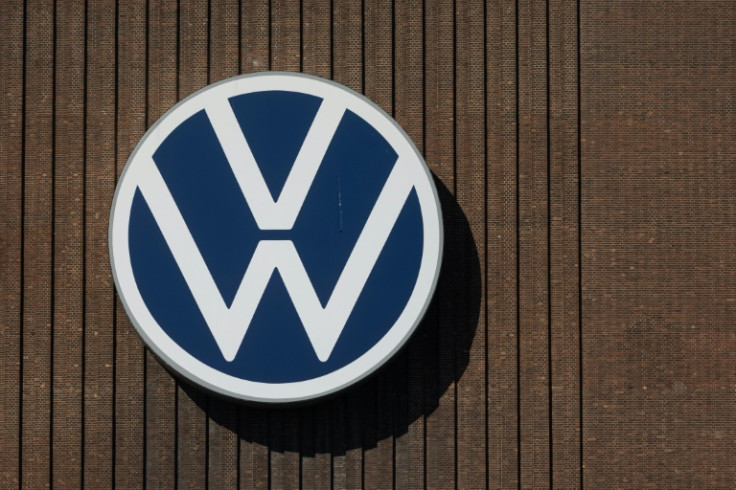Workers recall rape, beatings at VW Brazil unit: prosecutor
The German carmaker is facing legal action in Brazil over allegations of rampant human-rights violations at a large farm it ran in the Amazon rainforest basin in the 1970s and '80s.

Victims forced to work in slave-like conditions at a Brazilian property owned by Volkswagen during the country's dictatorship recount "grave and systematic" abuses, including rapes, beatings and being tied to trees, a prosecutor said Tuesday.
The German carmaker is facing legal action in Brazil over allegations of rampant human-rights violations at a large farm it ran in the Amazon rainforest basin in the 1970s and '80s under the country's then military regime, media in Germany reported Sunday.
The lead prosecutor on the case, Rafael Garcia, told AFP that investigators had collected depositions from victims who were lured to the farm with false promises of lucrative jobs, then forced to cut down the jungle under grueling conditions against their will to make way for Volkswagen's cattle ranch, which became the biggest in the northern state of Para.
"Workers who tried to escape were beaten, tied to trees and left there for days," he said.
"Those who tried to slip into the forest never came back -- there were simply stories that they had been killed. Workers were systematically, physically abused."
Garcia said a task force of investigators had spent three years assembling evidence in the case, after a local Catholic priest came forward with horrifying accounts of abuse at the property he had compiled over the years.
The task force's report contains a chilling series of allegations from former workers at the farm in southern Para, known as Fazenda Vale do Rio Cristalino, where armed guards reportedly kept violent watch over a workforce that prosecutors estimate numbered in the hundreds.
"One worker tried to escape, but the gunmen caught him. As punishment, they kidnapped his wife and raped her," it says, citing three witness' testimony.
"Another worker tried to flee and was shot in the leg. Yet another was left bound and naked."
The workers were kept in "debt-slavery" by being forced to buy food and supplies from the farm store at exorbitant prices, and some died of malaria with no access to medical care, Garcia said.
Prosecutors have summoned Volkswagen for an initial audience on June 14, where they will attempt to reach a settlement, he said.
If that fails, the company could face charges.
In 2020, Volkswagen agreed to pay 36 million reais ($6.4 million at the time) in compensation for collaborating with Brazil's secret police during the dictatorship (1964-1985) to identify suspected leftist opponents and union leaders, who were then detained and tortured.
© Copyright AFP 2025. All rights reserved.





















